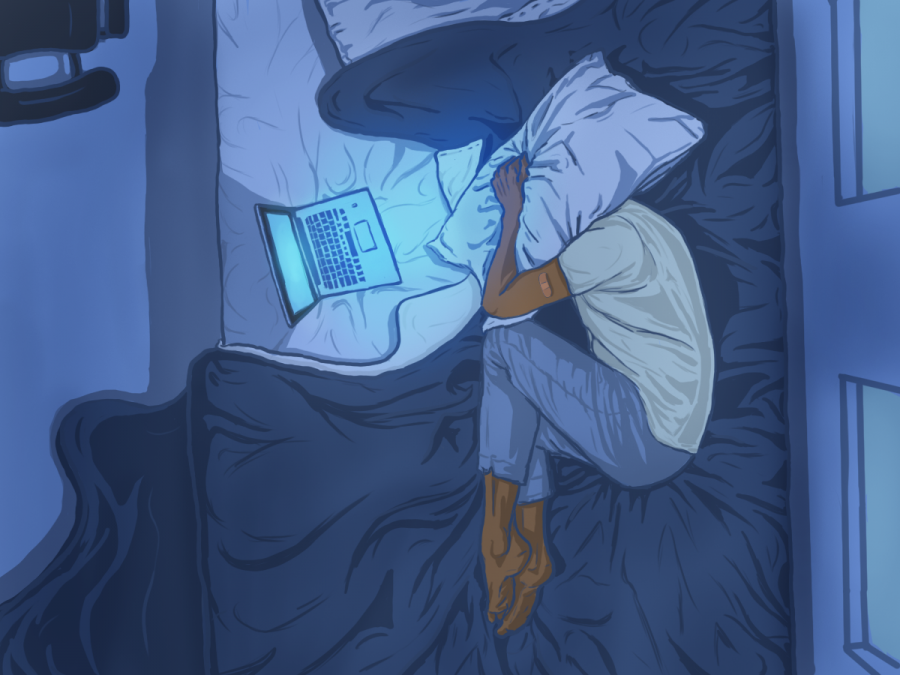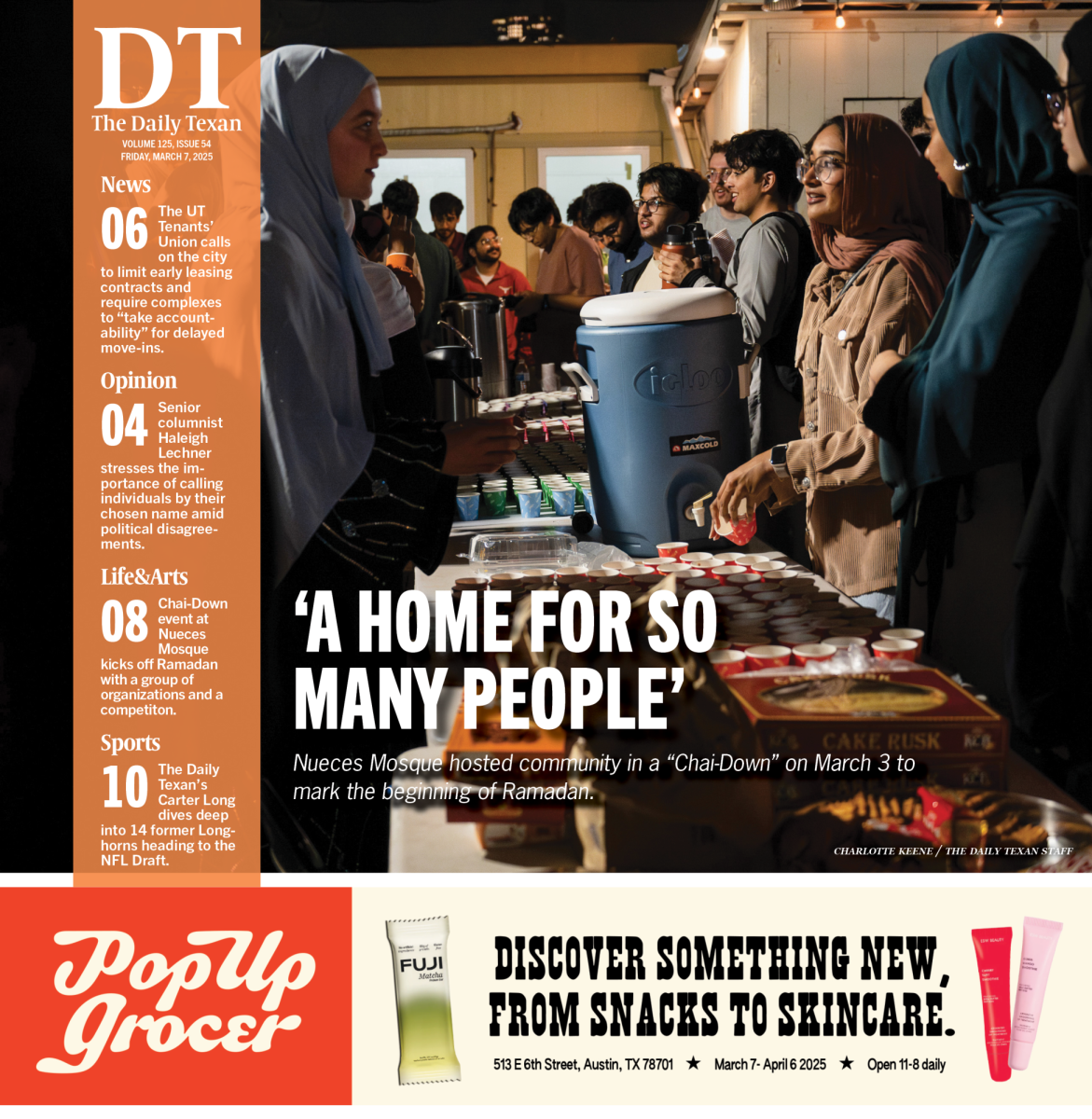Excuse vaccine-related absences
May 2, 2021
Editor’s Note: This article first appeared in the April 30 issue of The Daily Texan.
As finals begin and many students prepare to receive their COVID-19 vaccine, a lack of due date and attendance flexibility for students suffering vaccine side effects forces students to choose between prioritizing their health or their education.
According to the CDC, side effects of the vaccine include chills, fever, headache, tiredness, nausea and muscle pain that “can affect your ability to do daily activities.” The side effects from the second dose are likely to be even more severe.
Strict policies related to class assignments, attendance and upcoming exams may discourage students from getting vaccinated promptly due to fear that side effects of the vaccine may impair their abilities to complete coursework.
It is the responsibility of UT professors to enable and encourage students to get the vaccine by allowing assignment extensions and excused absences for students suffering side effects.
Communication and leadership junior Briana Kallenbach reported that side effects from her second dose of the vaccine caused her to fall behind in her coursework.
“I was mentally exhausted … and my body was hard to move, like I was actually physically exhausted,” Kallenbach said. “My brain was so foggy.”
Kallenbach said her symptoms lasted for about two days, and she struggled to attend class and complete assignments. Kallenbach missed her first class the day after the vaccine, and even though she reached out to the professor informing him of her situation, no allowances were given.
“My roll call attendance grade got pushed down,” Kallenbach said. “It wasn’t excused. I was just absent.”
Kallenbach also said that one night she was so tired she fell asleep and forgot to do two assignments that were due at midnight. Both of those assignments resulted in zeros.
Requiring students to complete work while experiencing side effects doesn’t only risk harming students’ grades, but also impairs students’ ability to recover.
“I’d push myself to do it when it wasn’t productive at all, so I wasn’t giving out good work, and I wasn’t recovering because I was trying to do both at the same time,” Kallenbach said.
In addition to allowing assignment extensions and class absences, professors must also make these policies known to their students so that students feel confident scheduling their vaccines and taking the necessary time to recover.
John Daly, professor of communication studies and management, agrees that students should be able to prioritize their health over assignments.
“There’s nothing more important than getting the shots,” Daly said. “If someone said, ‘I have a choice between getting an exam and getting the shot,’ I’d say, ‘We’ll delay the exam for you.’”
Daly did note that there are some faculty concerns related to this matter, such as students using their peers to cheat on a rescheduled exam. However, Daly in particular is not concerned about his students cheating because he believes the loss is the student’s own.
“People may cheat,” Daly said. “It’s college. You’re shaping your own career.”
Daly said he could imagine issues arising regarding rescheduling exams that are scheduled the day before grades are due, but he said this would be a solvable issue.
“The worst I would ever do is give you an incomplete if you miss the exam … as soon as we get a grade we can change your grade from incomplete to a real grade,” Daly said.
Safety must come first, and students should not have to worry that getting the vaccine will interfere with their ability to complete their coursework.
The UT community has set out to Protect Texas Together, and our professors can lead the way by helping students protect themselves.
Buffa is a political communication sophomore from The Woodlands, Texas.












